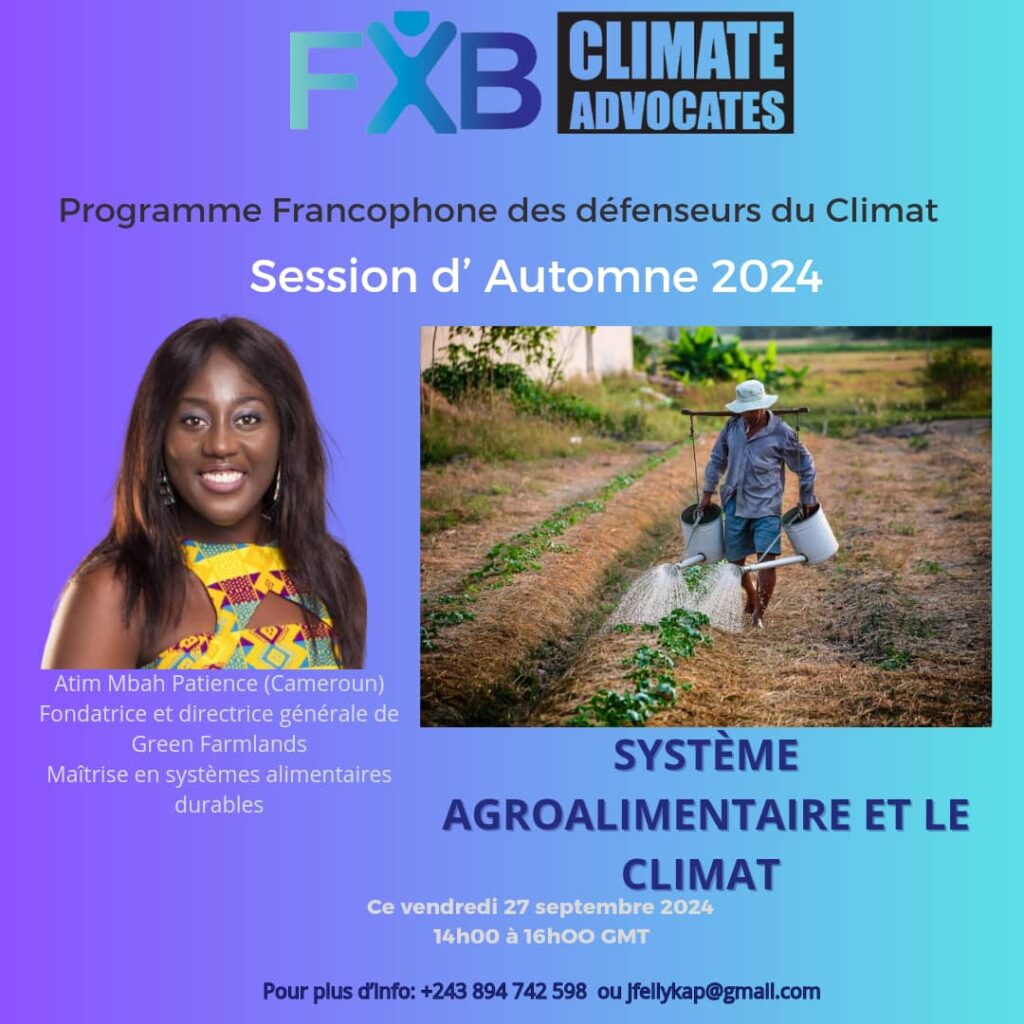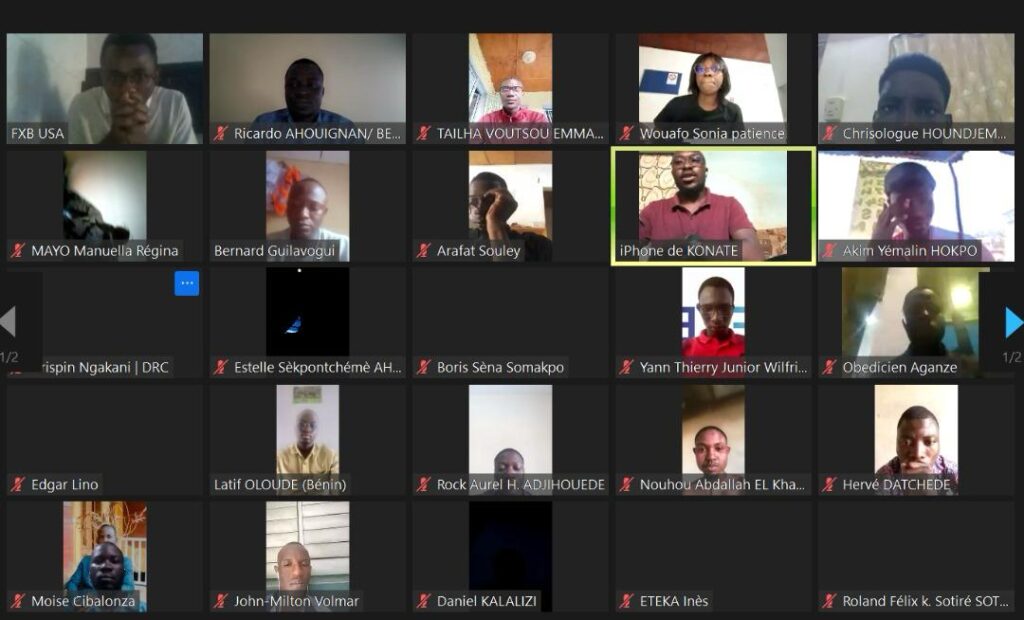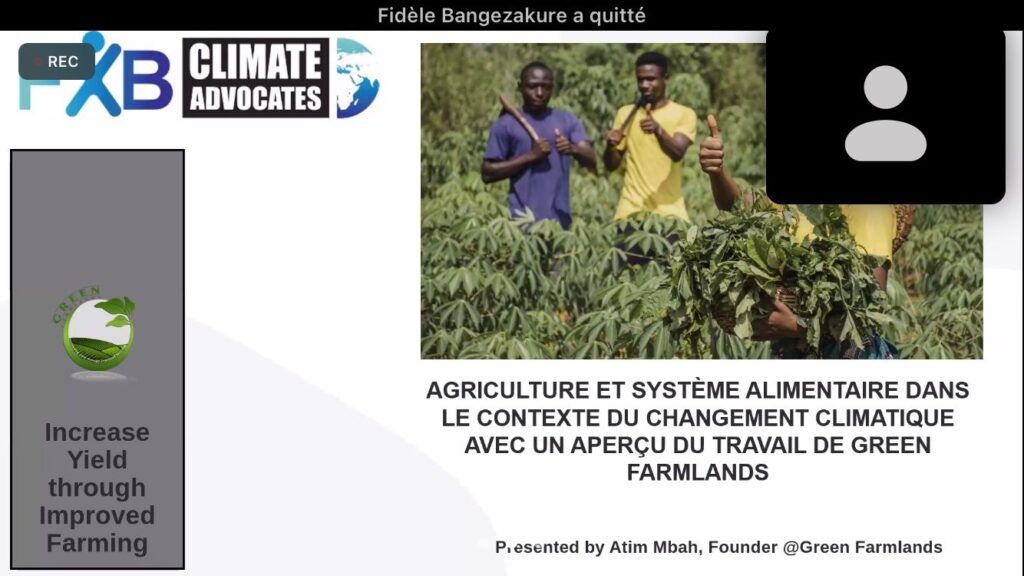
The intricate relationship between climate change and agriculture is one of the most pressing issues of our time. As global temperatures rise and weather patterns become increasingly erratic, agriculture finds itself at the frontline. The adverse effects of climate change on agriculture are already visible and are expected to intensify in the coming years. From shifting precipitation patterns to rising temperatures, farmers struggle with unprecedented challenges that threaten their livelihoods and the global food supply.
One of the critical issues facing agriculture is its vulnerability to weather and climatic conditions. The sector relies heavily on stable weather patterns for successful crop growth. However, with climate change leading to higher temperatures, more variable rainfall, and an increase in extreme weather events, farmers are finding it increasingly difficult to predict and manage their operations.

The consequences of climate change on agriculture are far-reaching. Warmer temperatures alter growing seasons, disrupting planting and harvesting schedules. Changes in precipitation patterns lead to droughts, affecting crop growth and irrigation. Extreme weather events, such as floods, heat waves, and storms, damage crops and infrastructure, resulting in significant economic losses. Moreover, climate change alters the distribution and prevalence of pests and diseases, affecting crop health and requiring increased pesticide use.
However, there is hope for a more resilient and sustainable food system. Amidst challenges lies the potential for agriculture to be part of the solution. As we confront the existential threat of climate change, farmers emerge as key players in forging a sustainable future for agriculture and the planet as a whole. Farmers can take an active role in reducing emissions and promoting ecosystem resilience by adopting sustainable farming practices.
That is why FXB climate advocate through the Francophone Program of Climate Defenders on September 28th, called on the next generation of leaders to join the fight for climate change and creating sustainable impact in their communities. With a special focus on farmers, the program is determined to help them adapt to climate change but also ensure that their practices become more sustainable, so that they can keep producing healthy, sustainable food for generations to come.

Our founder Atim Mbah Patience amongst others participated in the Francophone Program of Climate Defenders to develop concrete solutions to equip communities in the transition to a sustainable food system. Atim Mbah emphasized the need for a holistic approach to sustainable food systems, focusing on three key areas: production, consumption, and system transformation. To achieve sustainability, she proposed innovative strategies to enhance sustainable food systems, including:
Adopting Agricultural practices that can lower emissions e.g multistrata agroforestry, conservative agriculture, and regenerative agriculture. Additionally, shifting diets and addressing food waste lowers global demand for food, saves inputs, land expansion and associated emissions. Food systems must generate healthy diets, living incomes for those involve, and achieve this in an environmentally beneficial manner. By integrating these strategies, food systems can provide healthy diets, living incomes, and environmental sustainability. The goal is to share knowledge and practices with other generation leaders, speeding up the shift to a greener, more resilient food system for everyone’s benefit now and in the future.

The intersection of climate change and agriculture demands urgent attention. As the global population continues to grow, ensuring food security while mitigating climate change requires a coordinated effort. By acknowledging the challenges and embracing innovative solutions, we can create a resilient, sustainable food system. The future of agriculture depends on our ability to adapt to a changing climate. By sowing the seeds of resilience, we can ensure a food-secure future, mitigate climate change, and build a more sustainable world for generations to come.


